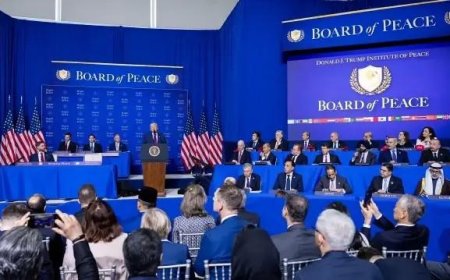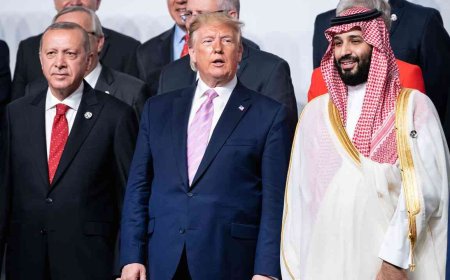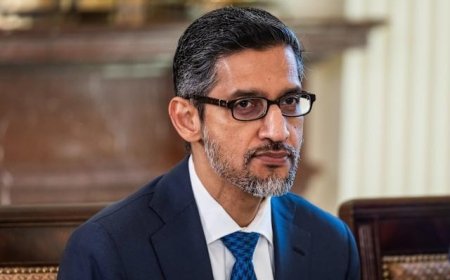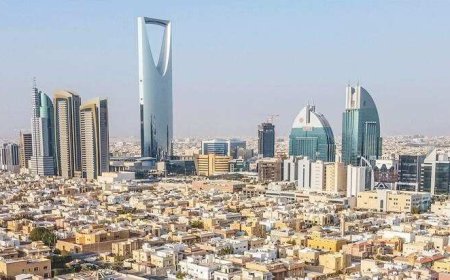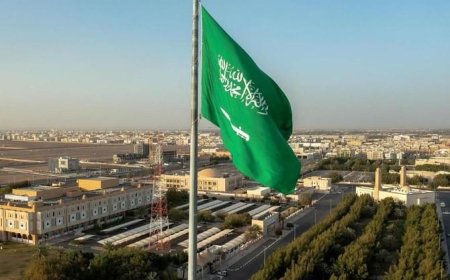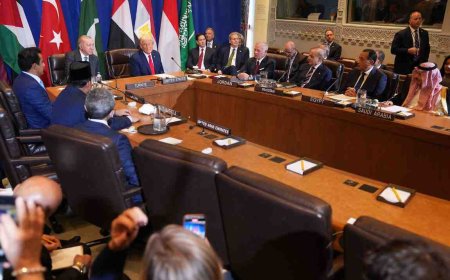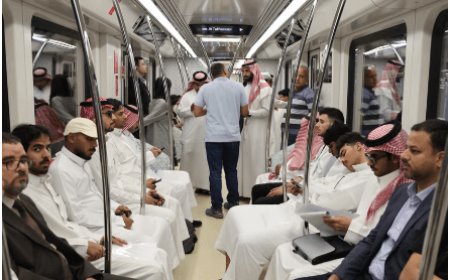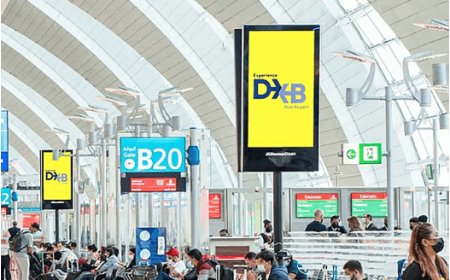Makkah Entry Restricted for Expats Without Hajj Permits
Makkah Entry Restricted for Expats Without Hajj Permits
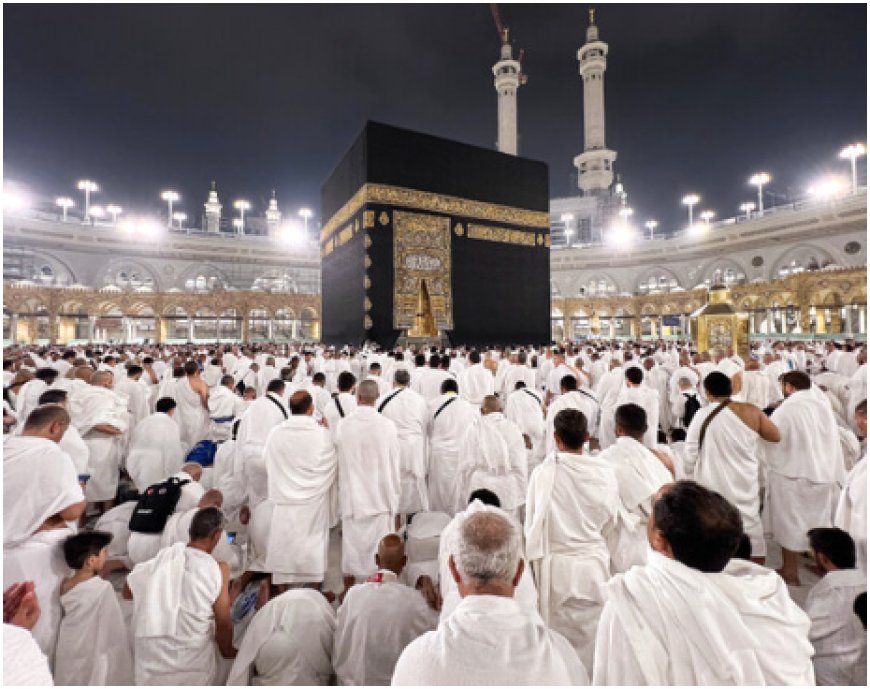
Makkah Entry Restricted for Expats Without Hajj Permits, Strict Safety Measures
Saudi Arabia has implemented stringent measures to regulate access to Makkah ahead of the 2025 Hajj season. Effective from April 23, 2025, expatriates without valid Hajj permits are prohibited from entering the city. This directive aims to ensure the safety and organization of the pilgrimage by managing the influx of visitors.
The General Directorate of Public Security announced that only individuals holding a valid Hajj permit, a residency permit (iqama) issued in Makkah, or an official work permit for employment in the city are exempt from this restriction. Expatriates without these credentials will be denied entry at security checkpoints leading into Makkah. This policy is part of broader efforts to streamline the pilgrimage process and maintain public safety during this significant religious event.
To facilitate compliance, Saudi authorities have introduced an electronic permit system. Permits for entering Makkah during the Hajj season are issued through the "Absher Individuals" platform and the "Muqeem" portal, in coordination with the unified digital platform for Hajj permits, "Tasreeh." This system aims to enhance efficiency and ensure that only authorized individuals can access the city during the pilgrimage period.
The Ministry of Interior has also emphasized that, starting April 29, 2025, all visa holders, except those arriving with a Hajj visa, are prohibited from entering or remaining in Makkah. This measure underscores the Kingdom's commitment to maintaining order and security during the Hajj season.
Authorities have warned that violators of these regulations may face serious penalties, including fines, detention, and deportation. The enforcement of these rules is being carried out through heightened security at entry points to Makkah, ensuring that only those with the appropriate permits are allowed access.
In addition to the entry restrictions, the Saudi Ministry of Hajj and Umrah has mandated that all Umrah visa holders must depart the Kingdom by April 29, 2025. Failure to comply with this directive may result in fines up to SAR 50,000 (approximately USD 13,000), imprisonment for up to six months, and deportation. These measures are designed to prevent unauthorized participation in the Hajj pilgrimage and to ensure that all visitors adhere to the established guidelines.
For expatriates and residents planning to participate in Hajj, it is crucial to obtain the necessary permits through the official channels and to adhere to all regulations set forth by Saudi authorities. By doing so, individuals can contribute to the smooth and safe conduct of the pilgrimage, which is a significant event for millions of Muslims worldwide.
The new regulations also aim to tackle the growing concerns over overcrowding during the annual Hajj pilgrimage. As millions of Muslims from around the world converge on Makkah for this spiritual journey, managing the numbers of pilgrims has become a complex challenge. In recent years, the number of visitors has been steadily increasing, and Saudi authorities have been focused on improving the infrastructure and services to accommodate this surge.
The government has long been working on various solutions to streamline the Hajj process and ensure the safety of the pilgrims. The introduction of this entry ban for expatriates without valid permits is part of a broader plan to ensure that the pilgrimage remains organized and secure, while also maintaining the health and safety of all involved.
One of the primary reasons for the restriction is to control the number of people entering Makkah at any given time. The Saudi government has invested heavily in advanced technology and monitoring systems to track and control the movement of pilgrims. The electronic permit system, which is accessible via the Absher and Muqeem platforms, enables the authorities to quickly verify the eligibility of individuals seeking to enter the holy city. By limiting access to only those who have been granted permission, the authorities can better manage the flow of people, reducing the risk of overcrowding and potential safety hazards.
What's Your Reaction?









